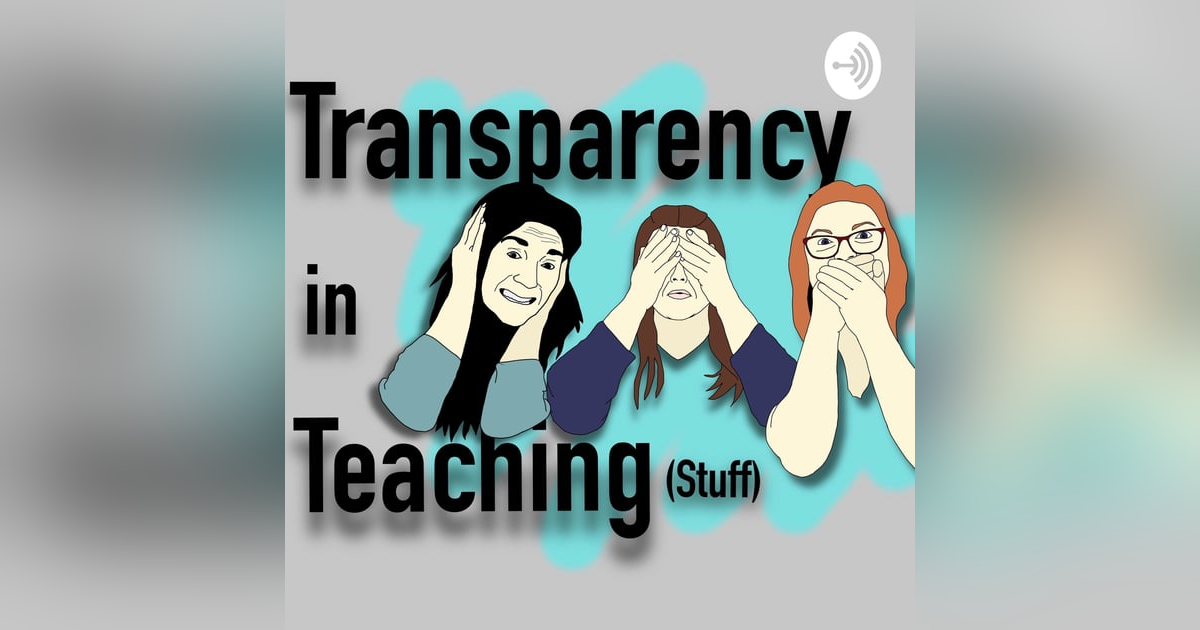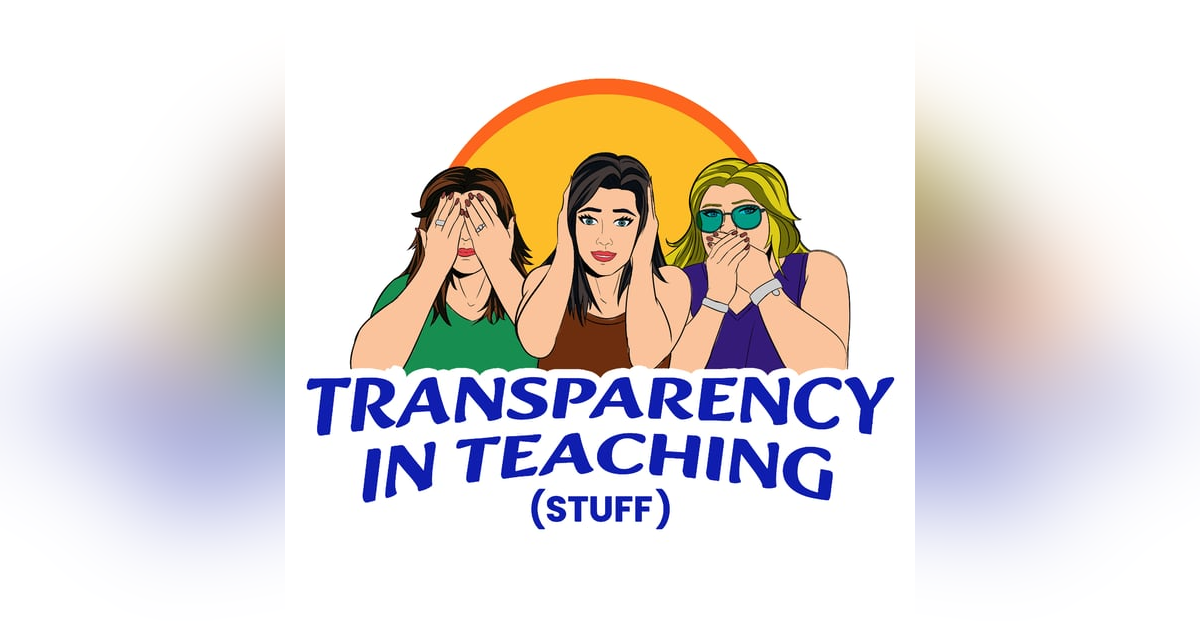033 Who's Indoctrinating Whom?

According to Merriam-Webster, the word indoctrinate originated in the 17th century. It meant "to teach," as it comes from docēre, the Latin word for teaching. But by the 19th century, the meaning shifted to signify teaching someone to uncritically accept a particular group's ideas, beliefs, and opinions. The key word is "uncritically." This is supposedly why public schools and their teachers are now called indoctrinators. They are accused of pushing a liberal agenda about race, gender, equality, and history but refusing to let students express opinions that may contradict what is being taught. People who have differing opinions about those topics accuse schools of indoctrination. For example, parent groups have demanded books whose subject matter they don't approve of be removed from libraries and have had schools closed over history lessons they found offensive. And for the most part, schools have complied with parents' demands. This then begs the question, "Who's indoctrinating whom?" If schools bend to the wishes of a few parents, can those parents be accused of trying to indoctrinate others by removing information they disagree with?
Aren't schools, by their very nature, indoctrination machines? That is how public schools were designed to be from their conception. (One could also say the same for private religious schools, too, right?) Horace Mann, the man behind the idea of public education, was a lawyer and member of the House of Representatives in 1827. He felt very strongly that a successful nation needs a population educated in basic literacy and a common set of public ideals. Well, someone has to decide what basic literacy entails and what public ideals need to be taught. Today, as long as people feel comfortable with the decisions about what the common set of public ideals are (curriculum), there is no "indoctrination." But as soon as somebody takes issue with a topic or point of view that is contrary to their own, cries of "indoctrination" begin to fly at school board meetings or at political rallies where a candidate can grab votes by jumping on the "indoctrination wagon."
Today many teachers cringe at topics that might be controversial and try to avoid or gloss over them to keep from potentially "stepping in it." However, tough topics are at the heart of critical thinking. Being able to analyze multiple sides of an issue and form opinions is part of what schools should be helping students to do. These are skills that help students learn how to problem solve. Students need to learn how to have cogent discussions on current relevant issues with people who may have opposing views. They must practice the art of compromise so that all sides have a seat at the table. However, if students feel they are being shut down or feel they cannot share their points of view, then there IS a problem, but the issue is with the instructor, not the entire system.
In today's episode, we discuss whether or not indoctrination really is an issue in today's classrooms, how to tell if there's a problem, and what can be done. You'll get to hear why Jen was accused of "indoctrination" 🙄 You can decide if she "stepped in it!." Listen in and see if you think she deserved that title.
Is Jen an indoctrinator? Have you been accused of indoctrination? Have you witnessed it? Who's indoctrinating whom? Leave us a comment and let us know what you think.
If you liked today's show, please share it with others and rate and review us on your favorite listening platform. That's our favorite way to show your appreciation for what we do here. Thanks for listening!❤️
--- This episode is sponsored by · Anchor: The easiest way to make a podcast. https://anchor.fm/app --- Send in a voice message: https://anchor.fm/transparencyinteaching/message





